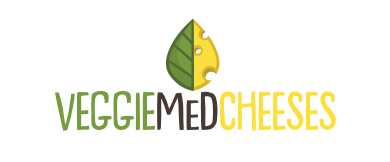Effect of planting density in two thistle species used for vegetable rennet production in marginal Mediterranean areas
Zenobi, S., Fiorentini, M., Aquilanti, L., Foligni, R., Mannozzi, C., Mozzon, M., Zitti, S., Casavecchia, S., Al Mohandes Dridi, B., Orsini, R. 2021. Effect of planting density in two thistle species used for vegetable rennet production in marginal Mediterranean areas. Agronomy, 11, 135. https://doi.org/10.3390/agronomy11010135
Abstract: In Mediterranean cropping systems, it is important to utilize marginal lands for the cultivation of non-food crops. Spontaneous thistle genera such as Cynara cardunculus L. and Onopordum tauricum Willd. are native to southern Europe. Previous research has focused on their spontaneous growth in the environment or ability to supply biofuel. The aim of this study was to identify the effect of two different planting densities on the flower differentiation, vegetable rennet production and weed control of O. tauricum Willd. and C. cardunculus L. in rainfed unfertilized Mediterranean cropping systems. The results showed that plant density influenced most of the biomass parameters for O. tauricum Willd. but no significant differences were observed for C. cardunculus L. Higher densities of both species were beneficial for weed control. We recommend the use of C. cardunculus L. and O. tauricum Willd. as suitable species for vegetable rennet production in Mediterranean organic cropping systems.
Keywords: Onopordum tauricum Willd; Cynara cardunculus L.; organic cropping systems; vegetable rennet
